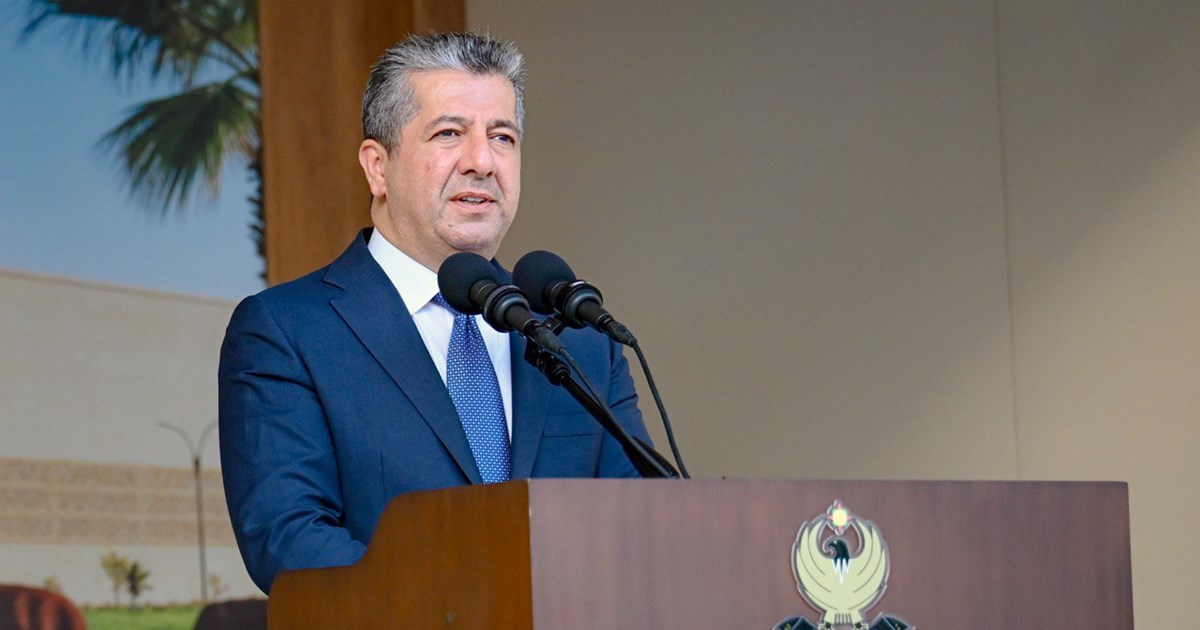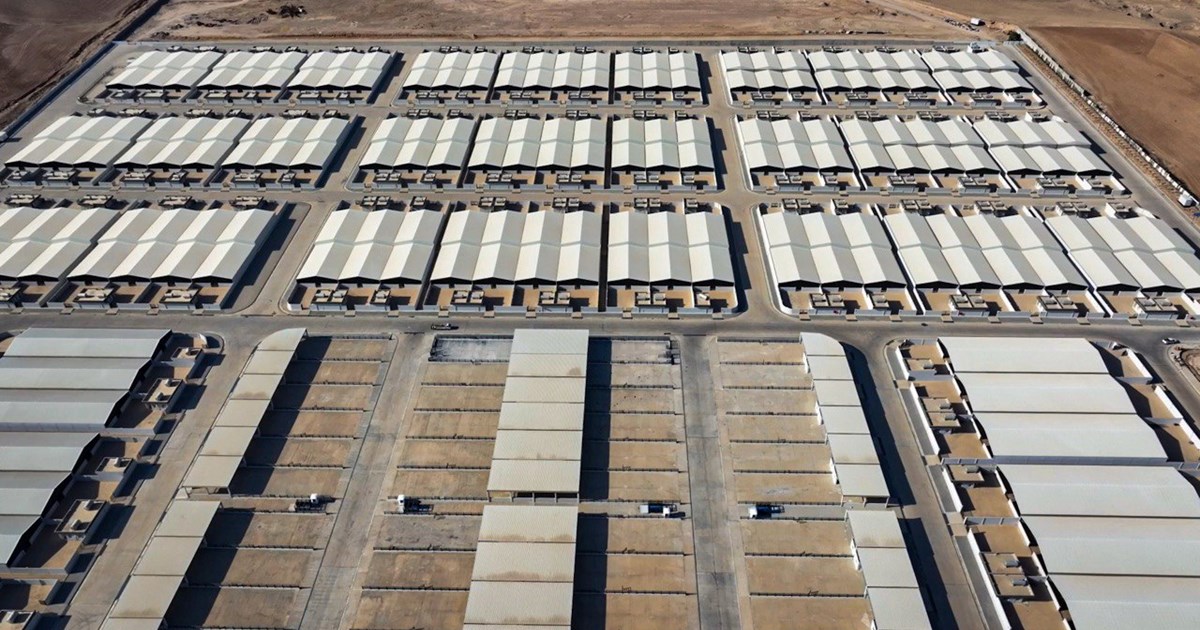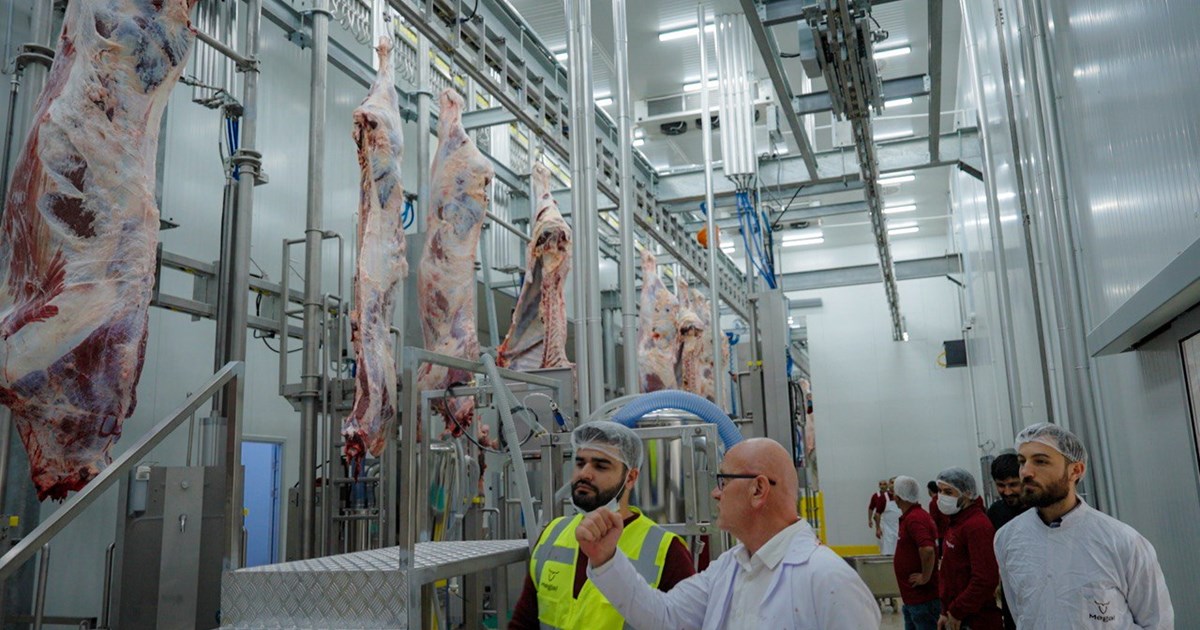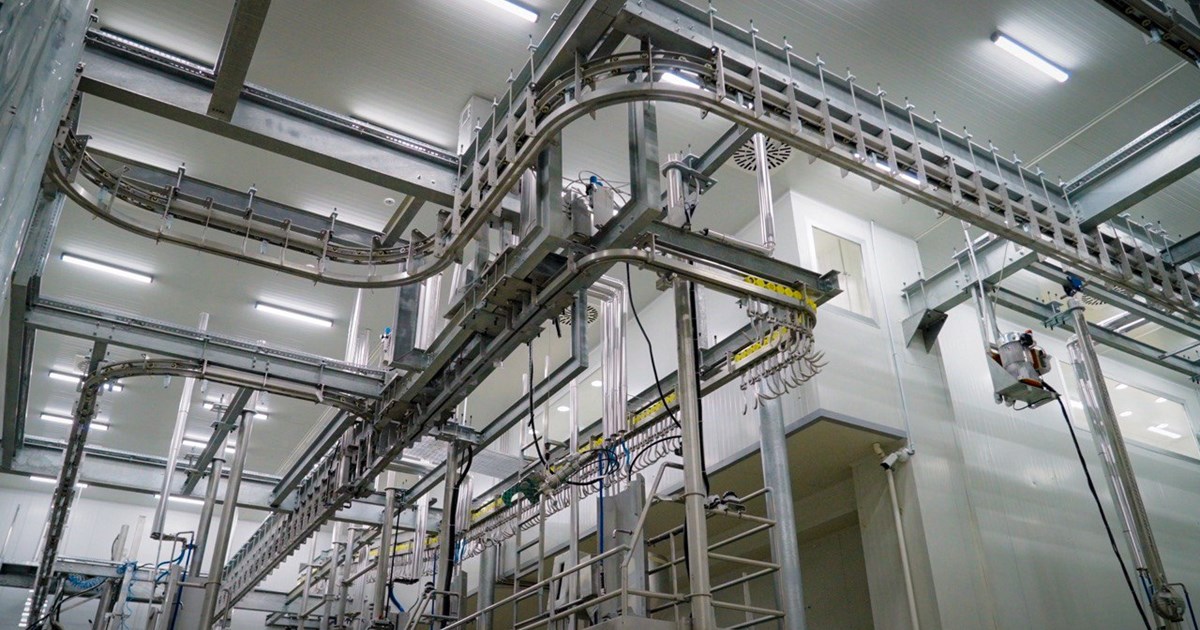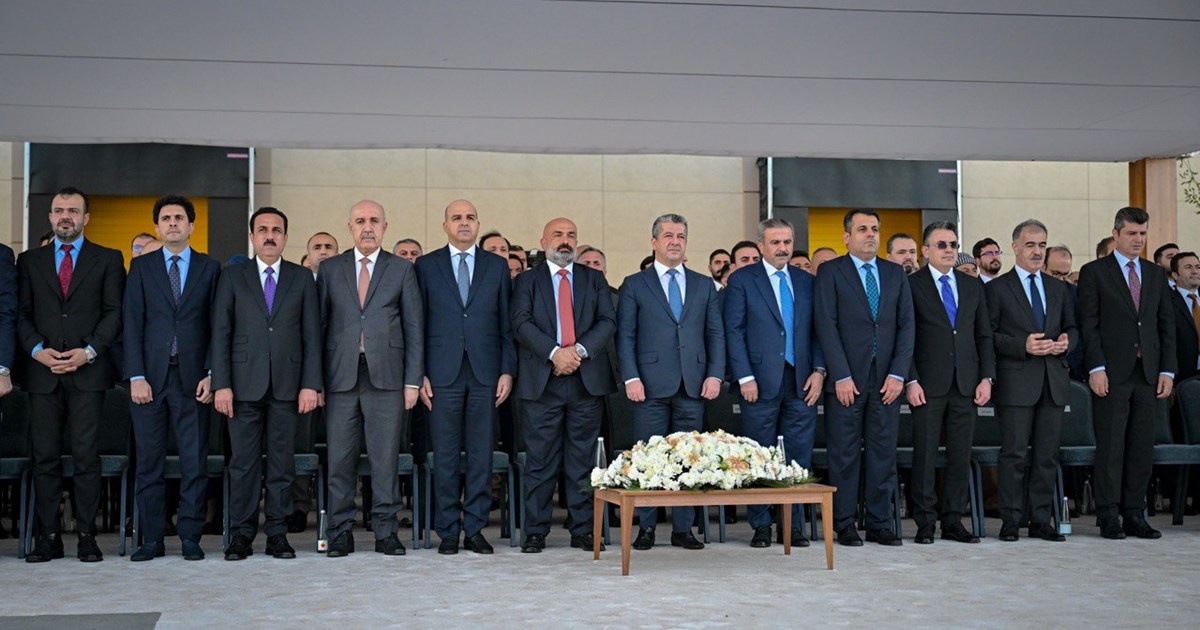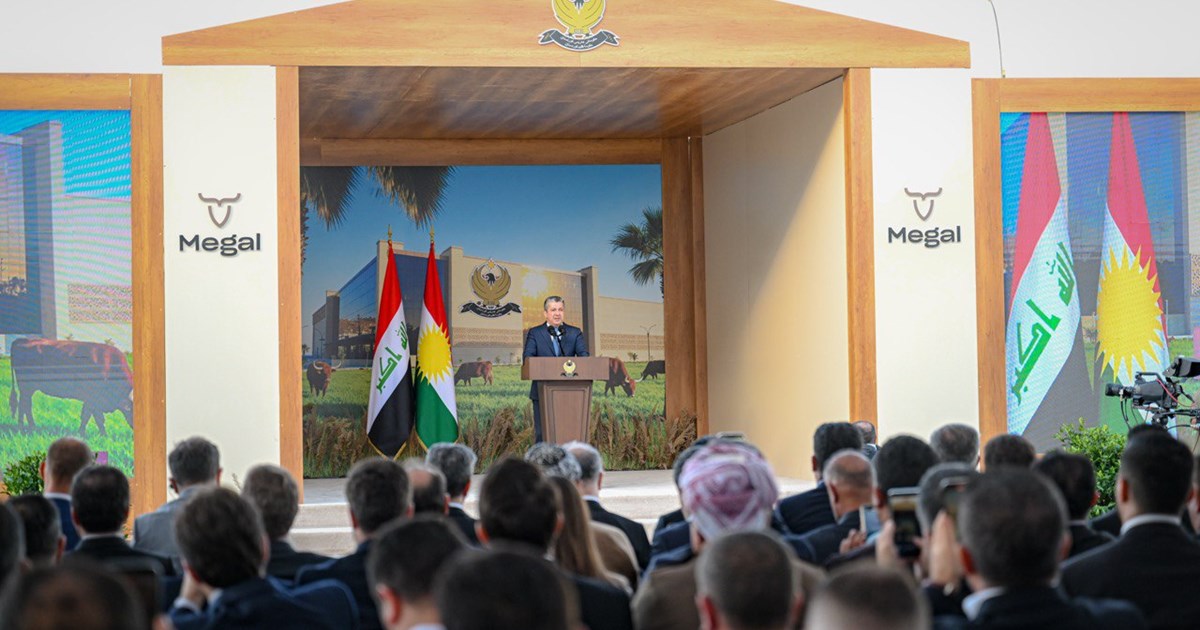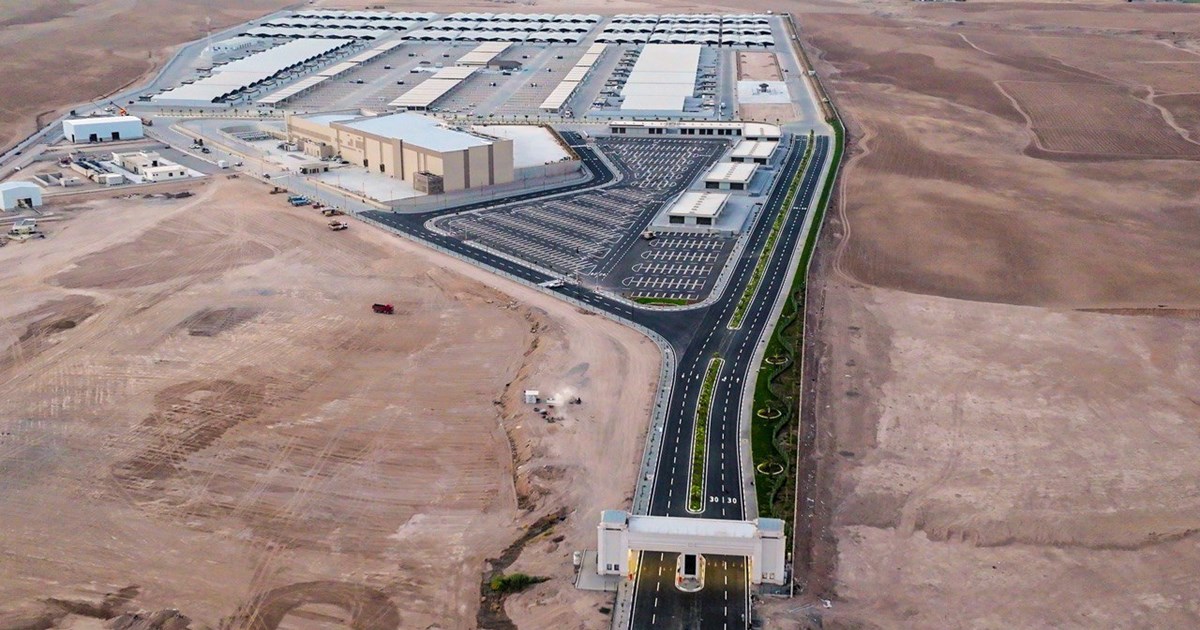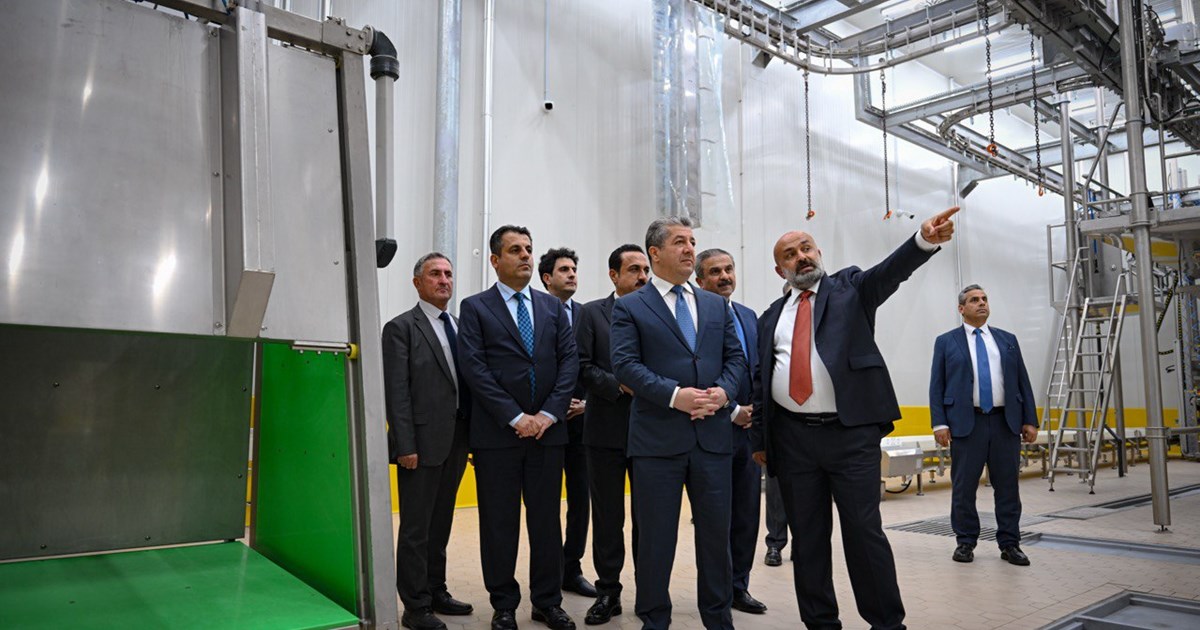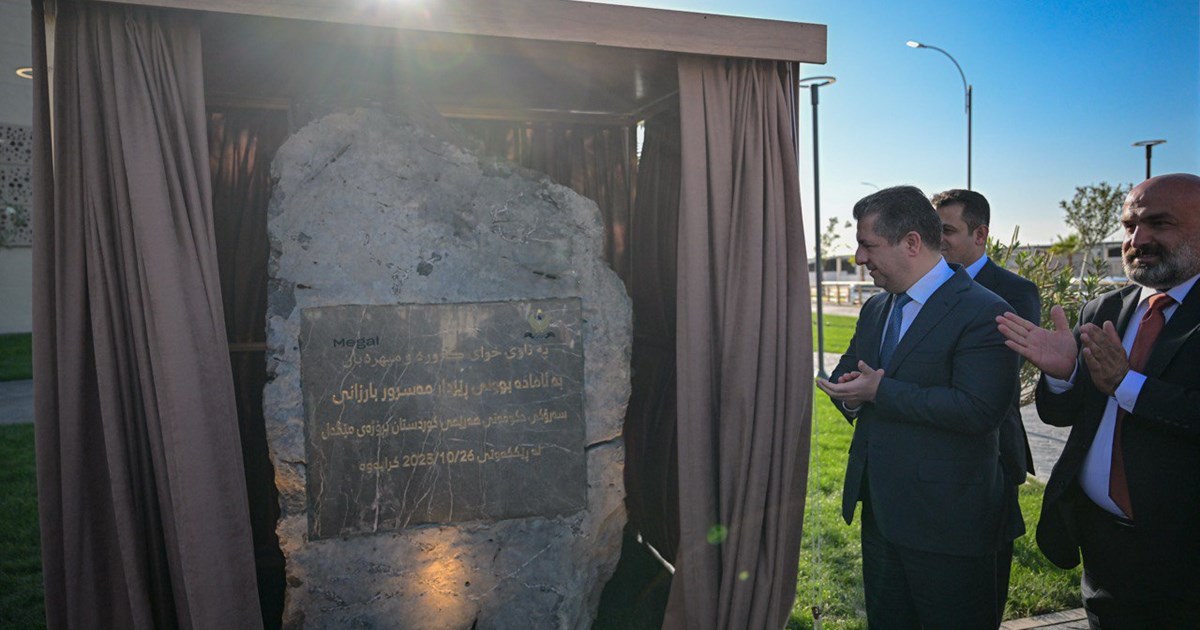Prime Minister Masrour Barzani Inaugurates Megal Agriculture Project in Erbil
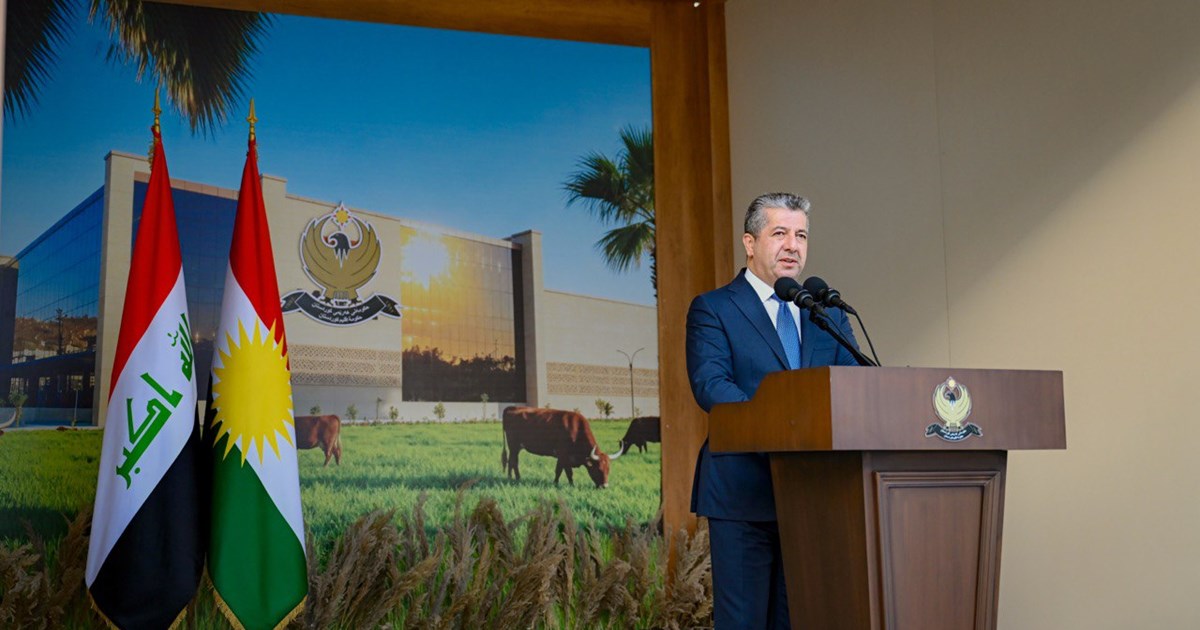
On Sunday, 26 October 2025, Prime Minister Masrour Barzani inaugurated the Megal Project in Erbil, a $100 million private-sector investment in agriculture, livestock, and the food industry. The project spans 366 acres and includes a slaughterhouse, shopping centre, animal control and wastewater treatment facility, waste incineration unit, and landscaped areas — all designed to strengthen food security, create jobs, and modernise production in the Kurdistan Region.
Highlighting the project’s national significance, Prime Minister Barzani said the initiative represents “a major step toward agricultural self-sufficiency and food security in Kurdistan.” He commended the use of local expertise and advanced technology, stating that it “reflects a combination of local skill and global standards that inspires confidence and pride.”
He underscored the project’s contribution to food safety and regulatory oversight: “Operating under the supervision of the Ministry of Health, this facility will ensure all health measures are strictly applied. Citizens can trust that its products meet the highest quality control standards.”
The Prime Minister emphasised that the project aligns with the KRG’s long-term policy to empower the private sector and diversify the economy: “The Megal Project was implemented by private companies with government facilitation. It embodies our broader effort to support private enterprise and ensure faster, more efficient services for citizens.”
He also noted its role in linking multiple sectors and generating employment: “This project integrates livestock production, fodder supply, and animal trading — creating business partnerships, recycling opportunities, and more than 1,000 new jobs.”
Prime Minister Barzani concluded by reaffirming his government’s commitment to sustainable economic growth and food security: “Initiatives like this strengthen the foundations of our economy and ensure that the people of Kurdistan can depend on safe, high-quality local products.”

